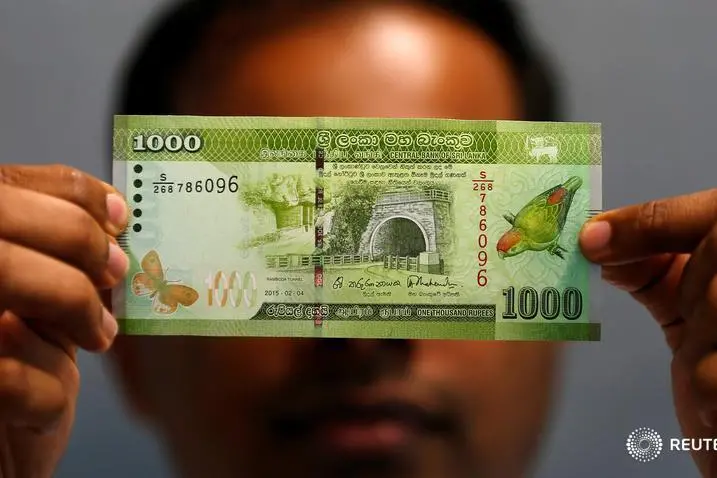PHOTO
Sri Lanka on Wednesday welcomed China's tentative agreement to a debt restructure, as the island nation works to restore its ruined finances after suffering its worst-ever economic crisis.
The government defaulted on its $46 billion debt last year at a time when months of food and fuel shortages were making life a misery for Sri Lanka's 22 million people.
Beijing is the island's largest bilateral lender and its consent is needed for any proposal by Colombo to reorganise its finances.
Deputy finance minister Ranjith Siyambalapitiya said approval had now been granted by the state-owned Export-Import Bank of China, its official creditor.
"China has issued their primary consent to restructure our debt," he said in a statement.
Chinese foreign ministry spokesman Wang Wenbin told reporters on Tuesday that the bank had "tentatively agreed" with Sri Lanka on its debt treatment in late September.
"We are also glad to see that other creditors are having discussions with Sri Lanka as well over solutions to its debt issue," he added.
Neither party shared further details of the agreement.
China holds about 52 percent of the South Asian nation's bilateral credit, with Japan and India the next-biggest lenders.
Beijing had in March given in-principle agreement to a restructure of its loans to Sri Lanka, the final major creditor to do so.
That decision cleared the way for a staged $2.9 billion International Monetary Fund bailout, conditional on austerity measures such as tax hikes and cuts to generous public subsidies.
But a second tranche of $330 million was delayed last month, with the IMF saying it was still reviewing "financing assurances" from creditors on the detailed debt restructure plan Colombo proposed in June.
Sri Lanka's central bank governor Nandalal Weerasinghe is this week in Morocco for a meeting with creditor nations and the IMF that does not include China.
The IMF's Sri Lanka mission chief Peter Breuer said the lender had "not yet been informed about any specific agreements" with creditors, Bloomberg reported.
At the peak of last year's crisis, months of civil unrest forced the ouster of then president Gotabaya Rajapaksa when protesters stormed his residence.





















